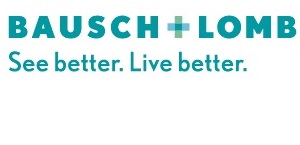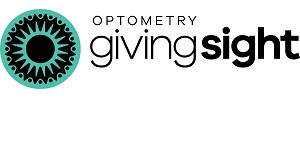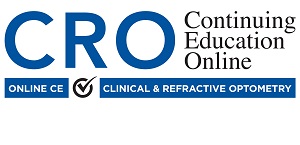
Ahh the thoughts that go through my head in a day! I am thankful nobody is a mind reader (at least as far as I know!).
Every day there is a battle in our minds to stay on task, to be positive, to be kind and to be grateful and mindful. Some moments of the day our thoughts can flash to frustration, anger, negativity, gossip and resentment. We are human after all and it is difficult to control every thought and make it a positive one, even for those who are consciously being mindful to keep their thoughts focused and positive. The good news is that our inside thoughts do not automatically come out via our outside voice.
We all know team members, including doctors, that have a very low filter from their mind to their mouth. If they think it, they say it! Of course, this isn’t conducive to a great team culture. Being unfiltered brings mean spirited words, negativity, gossip and discomfort for the listeners.
Ultimately a lack of filter can be a catalyst for others to have no filter, leading to general office tension and low morale.
Socrates Triple Filter
 Socrates said if what you’re about to say isn’t true, good and/or useful, then don’t say it! It is incredible how much more productivity and positivity results when the triple filter test is utilized to filter one’s thoughts before the words come out; this takes discipline.
Socrates said if what you’re about to say isn’t true, good and/or useful, then don’t say it! It is incredible how much more productivity and positivity results when the triple filter test is utilized to filter one’s thoughts before the words come out; this takes discipline.
Culpability of the Listener
We teach our team members that if they happen to be listening to one staffer complaining about another staffer they are contributing to office dysfunction through the act of listening.
We encourage the listener to ask the speaker to approach the staff member with whom they may have an issue directly rather than through a third party. If necessary, we ask them to approach a manager or leadership team member to discuss the facilitation of face-to-face dialogue.
When an offender of the “triple filter test” is called out by a colleague, then we are more likely to see better office dialogue centered on patient care and process improvement rather than gossip, hearsay and unproductive conversation.
Accountability via Compensation
We ask each of our staff to touch base quarterly with a manager or leadership team member for a coaching session. This is an informal way to check in with each staffer and remind them of the importance of not participating as a listener in counter-culture dialogue. We make it clear that poor verbal control is a barrier to raises and promotions. Linking compensation to more professional conversations is very important to a good office culture.
It’s All in Your Tone
Studies have shown that it mostly matters “how you say it” versus “what you are saying”. Even when the content is muffled to the point of incomprehensibility, people can detect in the tone whether that person is a “good” or “poor” manager.
Tone is absolutely crucial to how well feedback, advice, and training are received. A kind tone of voice communicates respect, appreciation and a willingness to help. Employees enjoy working for an enthusiastic, upbeat manager whose words and body language are congruent.
Avoidance Isn’t a Solution
The “silent treatment” is a very good way of increasing tension and pressure during a negotiation, but it has no place in a culturally strong office environment. We ask our team members to sort out issues directly and quickly.
Harbouring resentments and ill well are almost always felt by other staff members and notably, by the patients. Staff of clinics with low morale and poor culture are more likely to leave their jobs and work elsewhere.
One of the best retention strategies is to have an office that communicates well, works together and filters their thoughts into optimized words to create a culture of respect.
View all of Dr. Miranda’s Independent practice Insights.

DR. TREVOR MIRANDA
Dr. Miranda is a partner in a multi-doctor, five-location practice on Vancouver Island.
He is a strong advocate for true Independent Optometry.
As a serial entrepreneur, Trevor is constantly testing different patient care and business models at his various locations. Many of these have turned out to be quite successful, to the point where many of his colleagues have adopted them into their own practices. His latest project is the Optometry Unleashed podcast.






